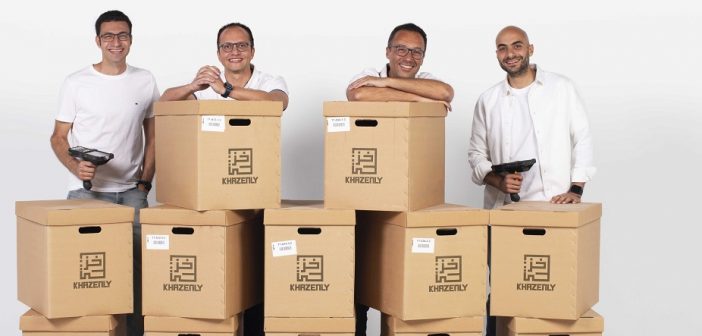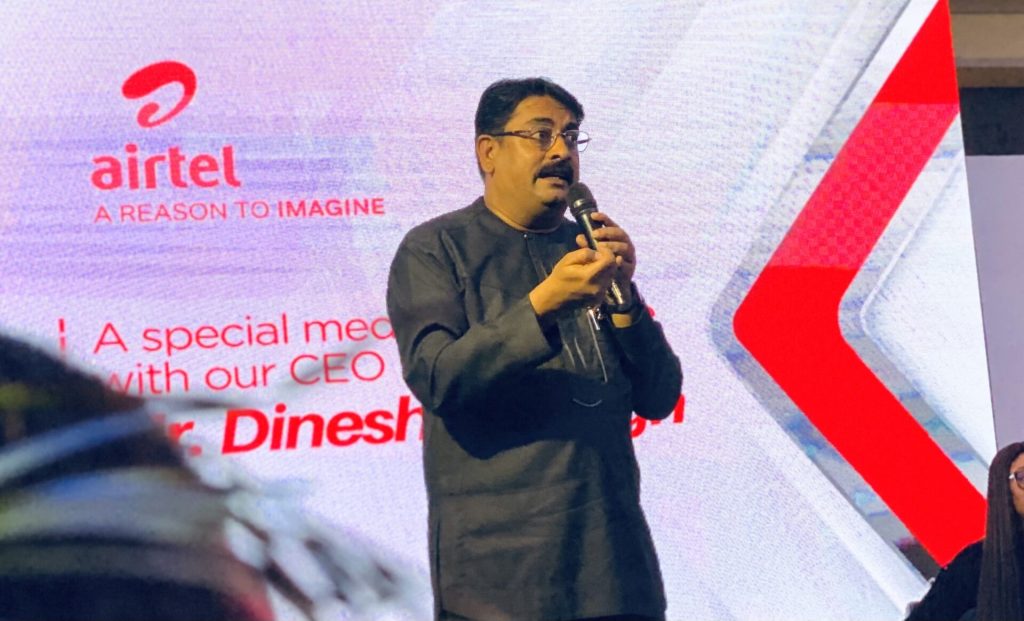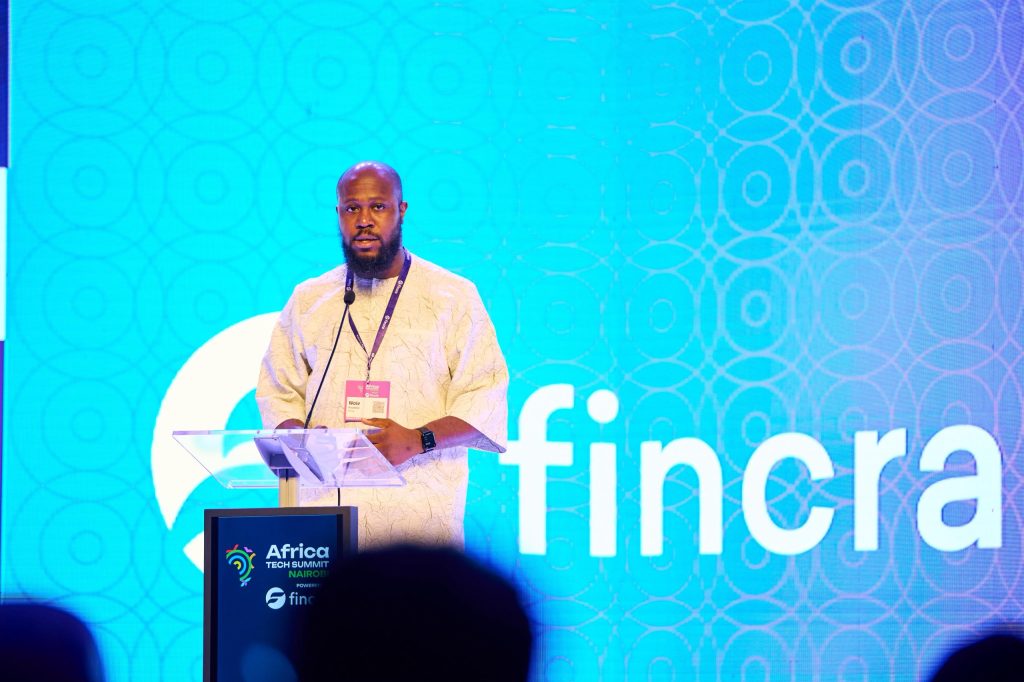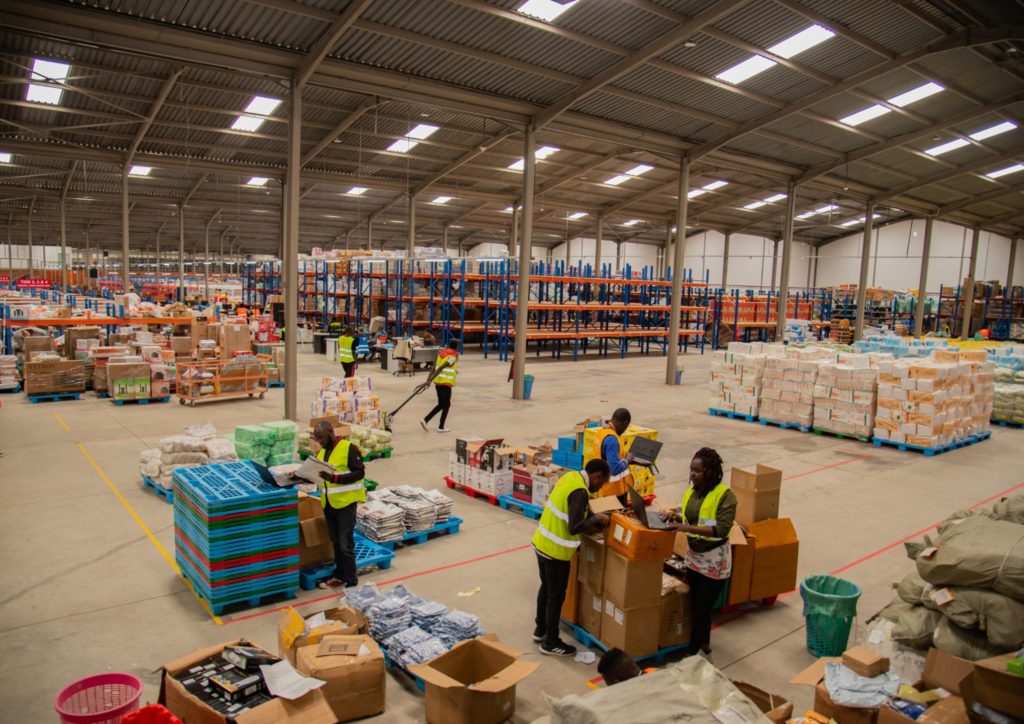
While major e-commerce companies around the world are laying off their staff due to the domino effects of soaring inflation, the e-commerce industry in Africa has a different story to tell. Africa’s e-commerce industry is projected to grow by 56% by 2025.
In the North African region, countries like Morocco and Egypt dominate the e-commerce sector. And within the Egyptian e-commerce sector, companies like The Fashion Kingdom and Khazenly are making waves with their recent $2.6 million and $2.5 million raises, respectively.
In this interview with Mohamed Younes, co-founder and CEO of Khazenly, he shares insider knowledge on how this growth happened and what the future holds for e-commerce and logistics in Egypt.
Before co-founding Khazenly, an Egyptian on-demand digital warehousing and fulfilment management platform, Younes spent 16 years working for multinational corporations like Huawei and IBM building expertise in commerce and sales. Most recently, he led the banking and telco sales sectors at IBM Egypt.
The company recently added multiple new merchant customers at some of Egypt’s leading brands. Joining the previously announced Mozare3 and XPRS by Tradeline, are:
- Baraka Group – distributor of New Balance, Athlete’s, Mellow, Baraka Optics, and Naturalizer brands;
- Arrow Food Trading – distributor of Nespresso;
- Count on Me Pets by Dana Hamdan;
- Magma sportswear brand; and
- Breath and Warped Jeans.
What are the biggest challenges in Egypt’s logistics sector?
In my opinion, the biggest challenge the supply chain and logistics market in Egypt is facing is the lack of technology enablement for every single player in the industry. This lack gets in the way of an efficient ecosystem and excellent customer experience.
Luckily, our government is focusing on this, and they’re making big plans to incubate and accelerate technology enablement for governmental entities, entrepreneurs, and small companies. Enabling technology for all the stakeholders in the ecosystem will allow for very easy integration of the customer’s experience and excellent supply chain capabilities, which in turn can improve the whole market’s progress and growth.
You mentioned that your government has been very helpful in solving this challenge. What particular steps has the government taken to help the market grow and what else could be done?
The Information Technology Industry Development Agency (ITIDA), which is part of the Ministry of Communication and Information Technologies, has already launched programs to encourage many startups and companies to accelerate technology enablement, particularly in the supply chain and manufacturing sectors.
If all the local factories here in Egypt have the proper technologies that we can integrate with supply chain players, we can provide directly to the consumer. We also need to encourage and promote local manufacturing. This will help with cross-border trading and aid the exports of our local products. Technology enablement for the factories, first mile companies, and cross-border companies will help to achieve this target.
You mentioned that the particular problems faced in Egypt were in the supply chain sector. How did that challenge inspire you to start your business?
In Egypt, there is a gap in the fulfilment capabilities of e-commerce businesses, be they small entrepreneurs or big brands. We usually call it omni channel fulfilment. Luckily, what Khazenly is trying to do, and what we did in the last few months successfully, is solve these fulfilment challenges.
At Khazenly, we try our best to solve the bottlenecks in fulfilment for small entrepreneurs and top brands such as Baraka Group. We see a big gap in the market globally on personalised experiences for customers, and it is a top priority for us. Globally, more than 70% of the end users think that both online and offline retailers use ads that are not personalised. At Khazenly, we give clients a personalised experience by integrating all the touch points involved in the end user’s transaction, from the factory to the retail chain and wholesalers.
With this, the end user will have an enjoyable and convenient shopping experience, and our clients and merchants will see the whole journey of omnichannel transactions throughout our platform.
What other innovative solutions do you think should be explored to solve the supply chain problem in logistics in Egypt?
I believe in using artificial intelligence more for inventory management, and we have strong plans in this area. As I mentioned, using artificial intelligence in inventory management can help our merchants and the whole market grow. I’m saying this because a large portion of the merchants in Egypt and the whole region have a specific inventory for the different pillars of their business, such as online businesses, retail, wholesalers, marketplaces, etc.
With artificial intelligence, we can get strong insights to enable us and our merchants to manage these inventories more efficiently.
What metrics have you used to measure your impact since your launch?
We soft-launched in mid-2021 and the real operation started in the 4th quarter of 2021. Since then, helping our customers grow has been the key measure.
Solving fulfilment challenges increases sales, reduces the customer acquisition cost, and increases the lifetime value of the customer because satisfied customers bring returns and customers.
We have seen it ourselves with the small entrepreneurs that use Khazenly. We’ve seen businesses grow 5 or 6 times after we solved the fulfilment challenges for them. We also recently launched a program called the Khazenly Merchants Growth Program to enable clients to grow in different dimensions.
Last month, you raised $2.5 million, co-led by Arzan Venture Capital and Shorooq Partners. How has that funding helped move your business forward?
With our fundraising, our priority is technology enablement and moving on with our roadmap quickly. We will also quadruple the physical locations of our warehouses in the country, and hopefully, these changes will help us reach 6 times our current customer count.
What future do you think is in sight for e-commerce in Egypt? How do you think Khazenly can contribute to that?
What I hope to see in Egypt in the coming 5 years is a very true experience of omnichannel fulfilment for all the shoppers in Egypt. When I order from a brand online, I want to have the same experience as when I walk into the brand’s physical retail store.
Experiential retail is now the most important factor for all retailers, and there are very strong examples offering personalised and interesting experiences for shoppers, like Nike in Berlin and L’Oreal in Shanghai. I hope that in 5 years, we can do the same for our clients in Egypt.
How has Khazenly helped improve the experience of last-mile delivery in Egypt?
We work with many good partners. Our system can deliver information on an hourly basis, per customer or region, along with key performance indicators like success rate. Our system automatically identifies which courier is used in which location and what their performance last week was like, thereby increasing the competition between the last mile couriers and letting businesses know who the right courier is for different locations.
If there is a very strong digital platform that provides us with all the necessary information for an order depending on the region and industry, then we can assign the right carrier to the right order, and this helps the success rate.


















